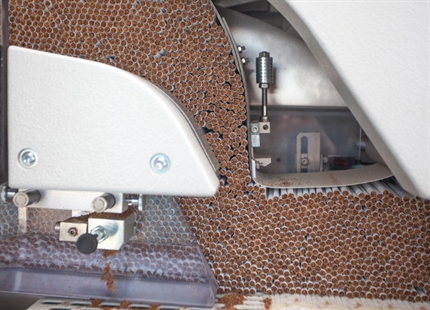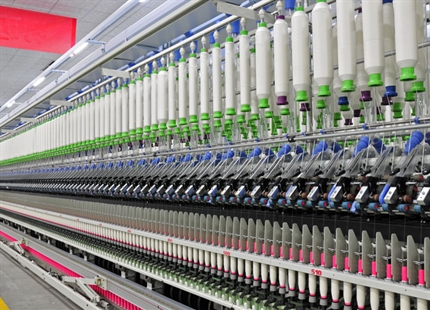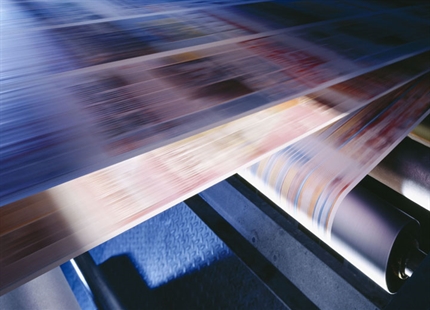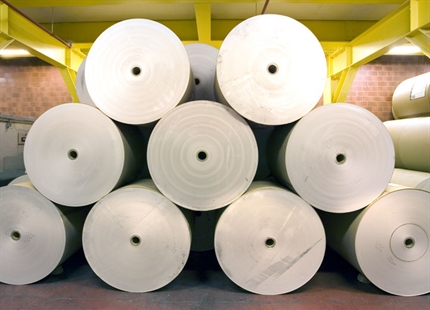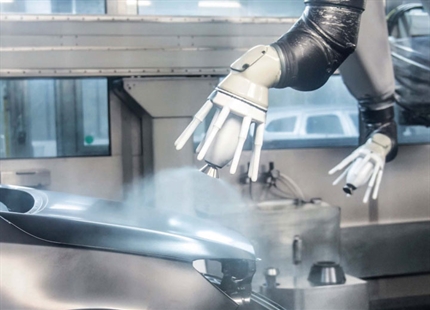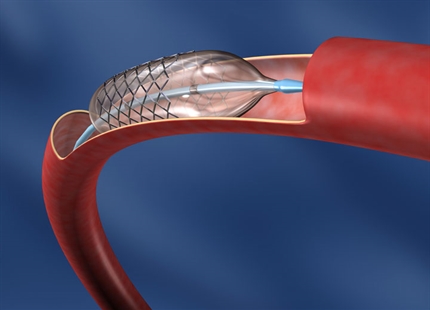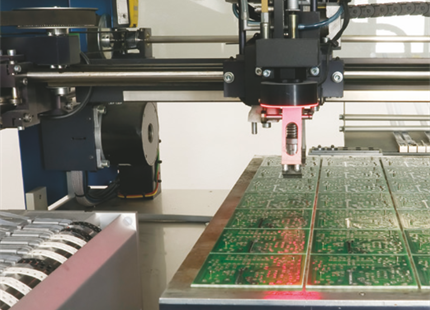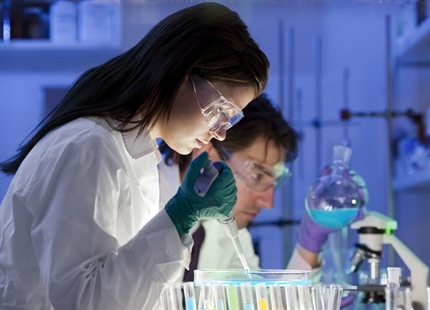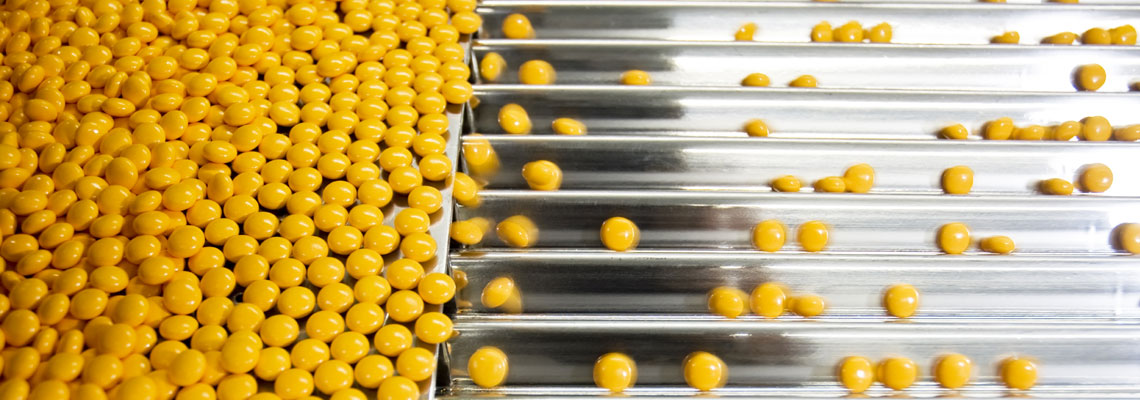
Humidification & humidity control in pharmaceutical manufacturing
Many processes in pharmaceutical manufacturing require tight control over humidity. Tablet coatings with aqueous solutions need precise humidity to ensure the coating does not dry too fast or too slowly.
Printing with water based inks can be adversely affected by dry air. Low humidity causes an increase in static, which in turn can cause materials to stick to each other causing problems with packing.
Correct humidity levels can lead to increased manufacturing yields, decreased waste and a more efficient production line.
As pharmaceutical facilities often need 24/7 environmental control, it’s important that the humidification system is designed specifically for the application. Standard heating, ventilating and air conditioning systems can rarely deliver the optimum conditions required. Due to the long operating periods, energy consumption and service requirements need to be considered.
By working alongside the client’s research and development team, Condair has managed to increase production yields in some pharmaceutical manufacturing environments by as much as 60%. Through testing production at different humidities and then holding optimum levels indefinitely during manufacturing, wastage due to poor environmental control can be significantly reduced.
Benefits of Condair humidification in the pharmaceutical industry include:
- Extensive expertise around the world with many pharmaceutical applications
- Increased production efficiency, higher yields and reduced waste
- Comprehensive product range to precisely meet customers' requirements
- Ability to provide innovative custom solutions for unusual processes
- Low energy systems to reduce operating costs and improve humidity control
- Low maintenance solutions to reduce on-going service requirements
- Comprehensive service of expert advice, design, supply, installation, commissioning, maintenance and spares supply
- Nobel and World Medicine, Turkey
- Teva and Taro, Israel
- Neopharma, UAE
- Spimaco, Saudi Arabia
- QG Medical Devices, Qatar
- Johnson & Johnson, UK
- Teva, Eire, Netherlands & Russia
- Hollister, Eire
- GlaxoSmithKline, UK & Australia
- Pfizer, USA, UK & Australia
- Cipla, India
Other industries where Condair delivers vital humidity control
Tobacco production humidification
Prevent moisture loss, maintains quality and combats static.
Read moreTextile manufacturing humidification
Combats static, reduces weight loss during manufacturing and improves product quality.
Read morePrinting humidification
Prevents static and paper from drying and changing shape.
Read morePaper & pulp production humidification
Prevents dimensional changes and maintains product weight.
Read moreSpray booth humidification
Prevents evaporation of water-based paints and improves finish.
Read morePackaging humidification
Reducing static and maintaining the properties of paper, card and adhesives.
Read moreMedical device manufacturing humidification
Improves yield by preventing materials from drying and eliminating static.
Read moreExplosive & munition manufacturing humidification
Prevention of electro static risk to combustible materials.
Read moreElectronics manufacturing
Eliminate harmful electrostatic discharge and achieve low cost cooling.
Read moreCleanrooms & laboratories humidification
Improves production efficiencies.
Read more
